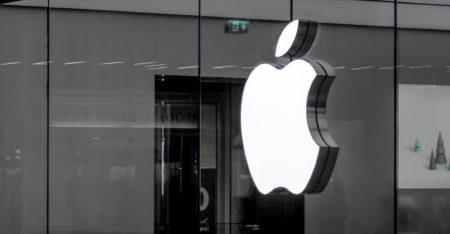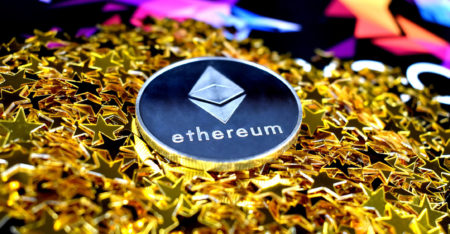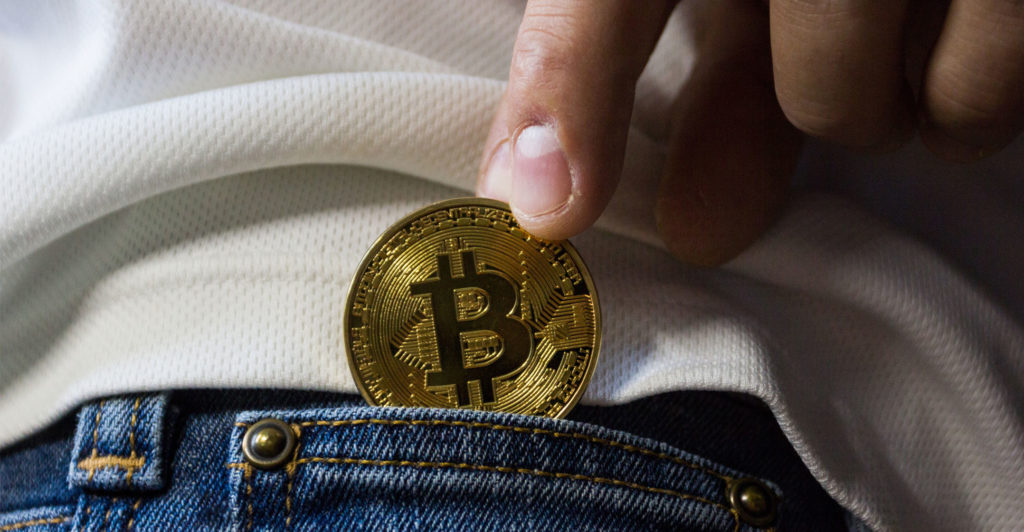SAP says it is ready to lead customers into a cloud-based future, but it may need all its powers of persuasion to convince its 400 000-strong client base to launch a major overhaul of systems in a pandemic.
Browsing: In-depth
For the third quarter in a row, Facebook and Apple generated billions upon billions in profits and flexed the power of their dominant businesses. But the party may be ending.
Ether, the second biggest crypto asset after bitcoin, hit its previous all-time high of US$1 400 this month and is trading at 130 times its price of four years ago. Astonishingly, the rally may be far from over.
Intel’s surprise resolve to stick with chip manufacturing is a move that ought to bring a sigh of relief to leading foundry Taiwan Semiconductor Manufacturing Co.
South Africa’s long history of astronomical research began when French academic Nicolas-Louis de La Caille visited Cape Town from 1751 to 1753 and undertook a careful examination of every square degree of the southern sky.
Interviews with more than 20 current and former CD Projekt staff depict a development process marred by unchecked ambition, poor planning and technical shortcomings.
History has shown that Facebook is able to impose new terms and conditions on users with little negative consequence. Rinse and repeat. By Alex Webb.
More big investors are speculating that bitcoin will gain wider acceptance and shake up the financial world, maybe by filling the role of gold as a hedge against inflation better than gold can.
The decision by Amazon.com’s cloud unit to pull the plug on social media service Parler highlighted the company’s often-overlooked role powering much of the Internet.
If Apple is going to make a success of its car project, it has to target the $230-billion luxury automobile market. But displacing 125-year-old incumbents like Mercedes-Benz won’t be straightforward.











